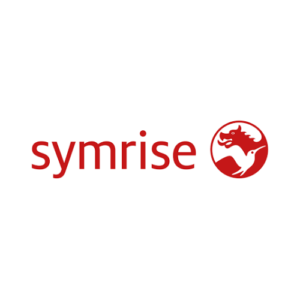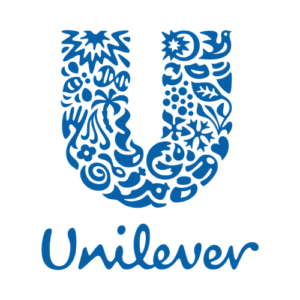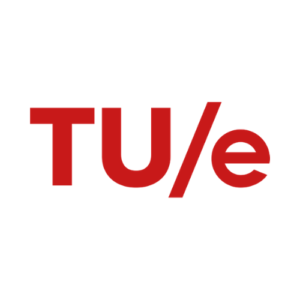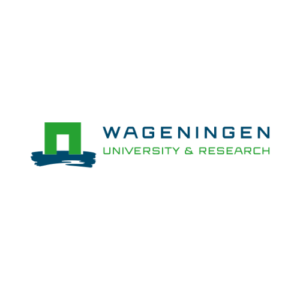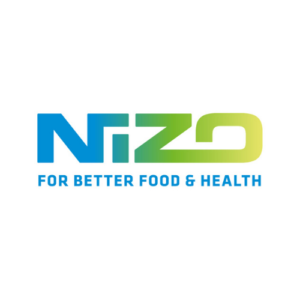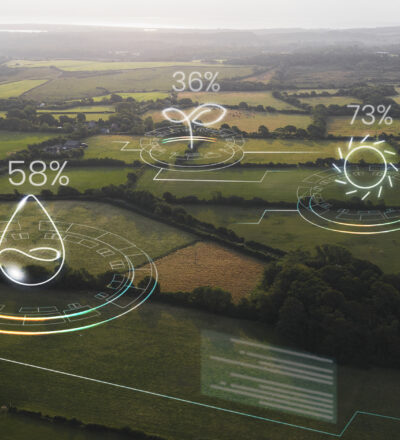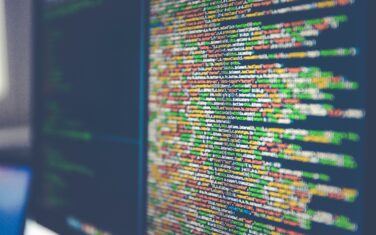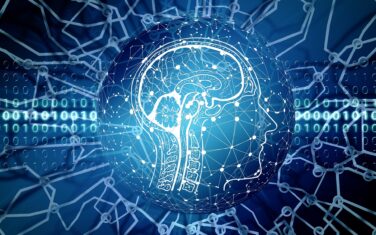With the ever faster changing consumer demands, food industry needs to speed up its innovation and production process to become more efficient and more sustainable.
In short:
- The Internet of Food (IoF) project defines the sharing of data and models in order to improve sensing systems in food production
- This will support the transition to a more efficient and sustainable food industry
Speeding up innovation and production process
With the ever faster changing consumer demands, food industry needs to speed up its innovation and production process to become more efficient and more sustainable. This requires:
- Better sensing technologies for the development and improvement of production processes (e.g. smart sensor (networks) that can react, predict and reconfigure)
- More exhaustive usage and sharing of available and future data and models via a linked data infrastructure
Activities
- Sharing of available and future data and models via a linked data infrastructure.
- Findable, Accessible, Interoperable and Reusable (FAIR) data.
- Creation of an ontology with agreed “rules” for successful data sharing between different companies.
- Data gathering: how can essential product, process and sustainability impact be derived from measurable data; for instance non-destructive sensing final products attributes (off-notes, oxygen, etc.) through sensors or possibly indirect assessment from process and (intermediate) sensor data.
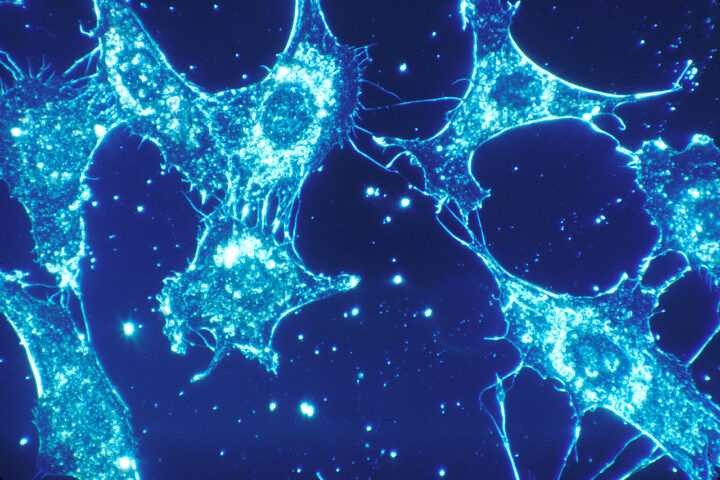
FAIR data
Different types of data, ranging from product development and processing data to consumer understanding data and data published in scientific literature are currently stored in different databases and in most cases not Findable, Accessible, Interoperable and Reusable (FAIR data). Additionally, the sharing of proprietary data between different companies, under agreed “rules” is needed for a successful collaboration in Foods ecosystem. The same holds for the proprietary product and process properties models currently available that cannot talk to each other as they have been developed for different software platforms.
Project activities
The current project will focus on:
- Defining and setting up an infrastructure to allow (conditional) sharing of data and models from different computational sources and different data and model owners.
- The development of improved sensing systems in food production. Furthermore, it will create a learning community to educate future digital food experts.
The (conditional) sharing of data and models will create a much more sustainable research process with a significant reduction in data loss and miscommunication. The extended use and integration of sensors in this digital highway will help to reduce inefficiencies in production and inefficient use of raw materials and utilities. It will also permit to increase operational efficiency by product and process optimization, resulting in increased flexibility during production, an increased product quality and reduced losses. Finally, it can also lead to new business models, e.g. knowledge brokers that upon request of one company can develop algorithms to address a food related question and can subsequently mine the data of a distributed data lake, including data and models of companies who will get reimbursed for allowing their data and models to be mined.
For the future “in silico” product development and light out factories can be envisaged, producing food more efficient, flexible and sustainable and consumers seeing their demands satisfied faster, producing less food waste and having more trust in a more transparent food value chain.
You might also be interested in
Acknowledgement & partners
This project is co-funded with subsidy from the Topsector Energie by the Ministry of Economic Affairs and Climate Policy.
